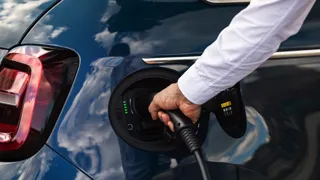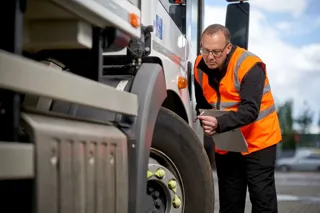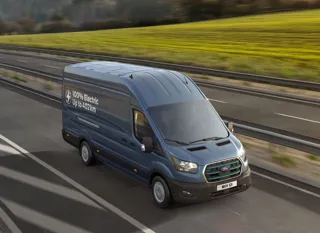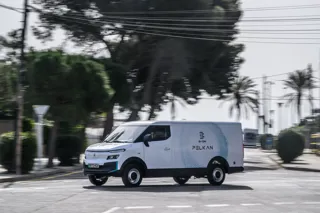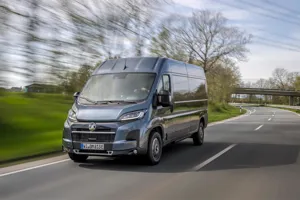All-new Vauxhall Grandland to launch with electric powertrain
Vauxhall has unveiled the all-new Grandland, which will be available with an electric powertrain for the first time.
Car News
23 Apr
Features and analysis

BMW expands model choice and remains fleet industry's favourite brand
As BMW continues to expand and evolve its model line-up, the brand remains committed to giving its customers choice.
Electric Fleet
Events
Car, van and truck reviews

Alfa Romeo Tonale long-term test | Will service fix electrical bugs?
Our long-term Alfa Romeo Tonale recently had a service and I’m hoping it’ll have ironed out a few of the initial problems we’ve had.
24 Apr




